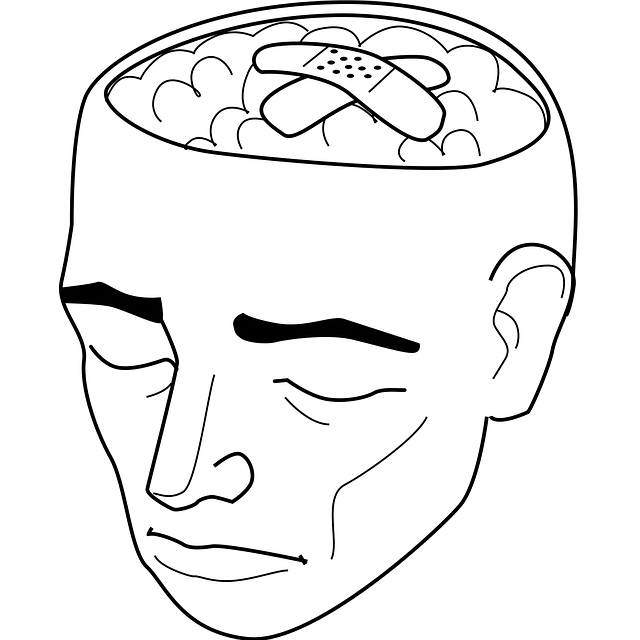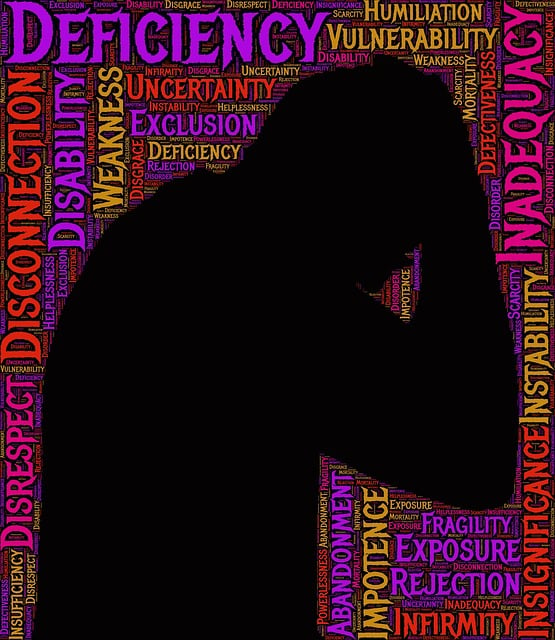Risk assessment is a crucial aspect of Therapy for Adults Sexual Dysfunction, enabling therapists to proactively identify and mitigate potential harms through comprehensive evaluations of medical history, psychology, social dynamics, and sexual dysfunction. This holistic approach ensures cultural sensitivity, fosters inclusive environments, enhances conflict resolution, prevents burnout among healthcare providers, and ultimately optimizes therapeutic outcomes. By integrating individual assessments, evidence-based interventions, community resource collaboration, and emotional regulation strategies, professionals can offer tailored therapy to address the unique needs of each patient.
Risk assessment and harm minimization planning are crucial components of providing safe, effective Therapy for Adults Sexual Dysfunction. This comprehensive guide explores these essential practices, offering insights into understanding risk assessment within this specialized field. We delve into strategies for creating robust harm minimization plans, highlighting practical steps for clinical implementation. By embracing these measures, healthcare professionals can enhance patient safety and foster a positive therapeutic environment.
- Understanding Risk Assessment in Adult Sexual Dysfunction Therapy
- Strategies for Harm Minimization Planning
- Implementing Effective Risk Management in Clinical Practice
Understanding Risk Assessment in Adult Sexual Dysfunction Therapy

Risk assessment is a cornerstone in Therapy for Adults Sexual Dysfunction, offering a structured approach to identifying and mitigating potential harms. In this context, it involves a comprehensive evaluation of various factors that could negatively impact the therapeutic process or the client’s well-being. By meticulously analyzing elements such as the individual’s medical history, psychological state, social dynamics, and the nature of their sexual dysfunction, therapists can anticipate risks and develop tailored strategies for harm minimization.
A nuanced understanding of risk assessment allows for the implementation of effective Conflict Resolution Techniques and Burnout Prevention Strategies for Healthcare Providers. It ensures that cultural sensitivity, a key aspect of Cultural Sensitivity in Mental Healthcare Practice, is at the forefront of care, fostering an inclusive environment where clients feel understood and respected. This holistic approach not only enhances the safety of the therapeutic journey but also optimizes outcomes for individuals seeking help for their sexual dysfunction.
Strategies for Harm Minimization Planning

Harm minimization planning involves strategic approaches tailored to address specific challenges, such as adults sexual dysfunction, while ensuring cultural sensitivity in mental healthcare practice. Healthcare provider cultural competency training is crucial in this context, fostering understanding and empathy towards diverse patient backgrounds and beliefs. By integrating these training programs into clinical settings, professionals can enhance their ability to offer culturally sensitive therapy for adults with sexual dysfunction, recognizing that emotional regulation is a critical aspect of overall well-being.
This planning should encompass various strategies including individual assessments, evidence-based interventions, and collaboration with community resources. It requires professionals to be adept at navigating complex issues while maintaining a patient-centered approach. Incorporating cultural competency training into harm minimization plans ensures that emotional regulation techniques are tailored to meet the unique needs of each patient, fostering inclusive and effective therapy for adults sexual dysfunction.
Implementing Effective Risk Management in Clinical Practice

Implementing effective risk management in clinical practice, especially within the realm of therapy for adults with sexual dysfunction, is paramount to ensuring patient safety and fostering a supportive environment. This involves a comprehensive approach where healthcare professionals not only assess potential risks but also develop proactive strategies to minimize harm. By integrating stress management workshops and introducing evidence-based stress reduction methods, therapists can empower their clients to build inner strength and resilience.
Such interventions are crucial in mitigating the impact of anxiety, depression, or past traumatic experiences that may exacerbate sexual dysfunction. Through tailored therapy sessions and a holistic view of patient well-being, healthcare providers can create a safe space, enhance communication, and offer personalized solutions. This not only improves clinical outcomes but also strengthens the therapeutic bond between patients and their care givers.
Risk assessment and harm minimization planning are essential components of providing safe and effective therapy for adults with sexual dysfunction. By understanding the potential risks and implementing strategic plans, healthcare professionals can ensure a secure environment for their patients. This involves a comprehensive approach, from initial risk evaluation to ongoing management, allowing for better outcomes and enhanced patient experiences in clinical practice.








